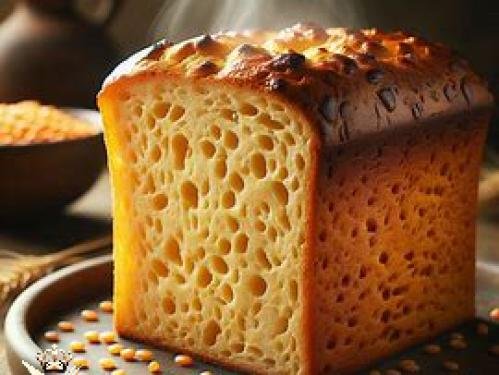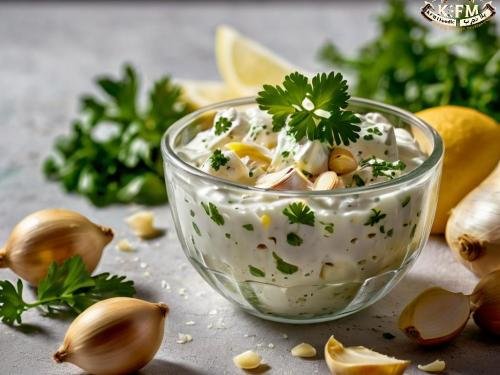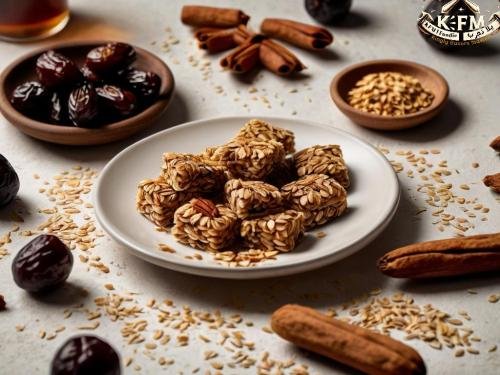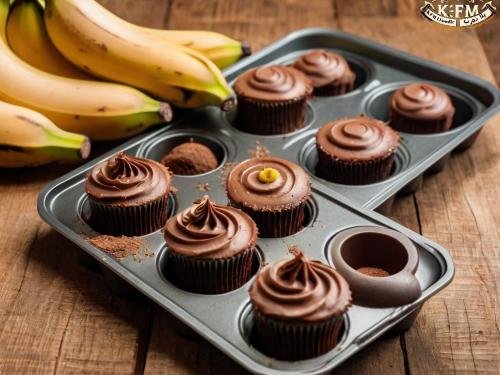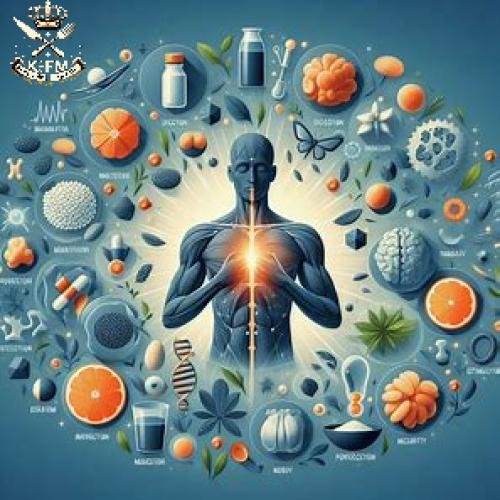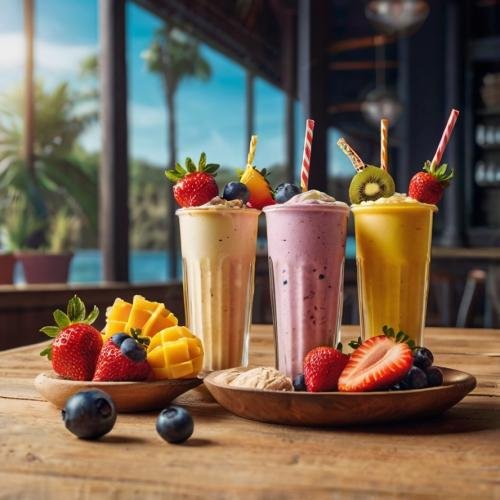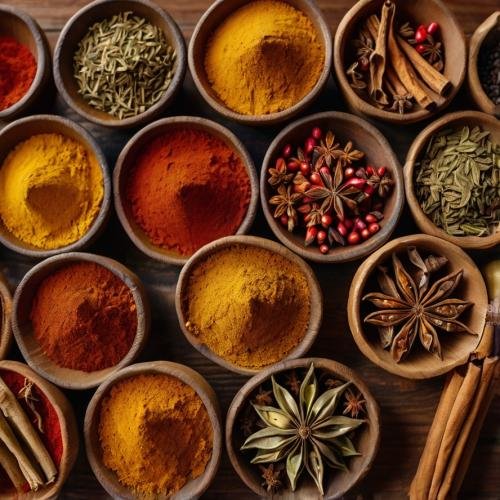Shrimp with Seasoning is a classic dish, known for its delicious taste and distinctive flavor. Shrimp is considered a rich source of protein, which is essential for building muscles and repairing tissues. It also contains vitamins and minerals, such as Vitamin B12, which supports the health of the nervous system, and selenium, which acts as an antioxidant and protects cells from damage. So, let's explore how to prepare this tasty and nutrient-packed dish.
Ingredients:
- 1 kg medium-sized shrimp
- 2 tablespoons minced garlic
- 1 tablespoon cumin
- 1 tablespoon dried coriander
- 1 tablespoon salt
- A pinch of black pepper
- 1 tablespoon sauce
- 1 tablespoon mustard
- 1 and 1/2 cups of hot water
- 1/4 cup lemon juice
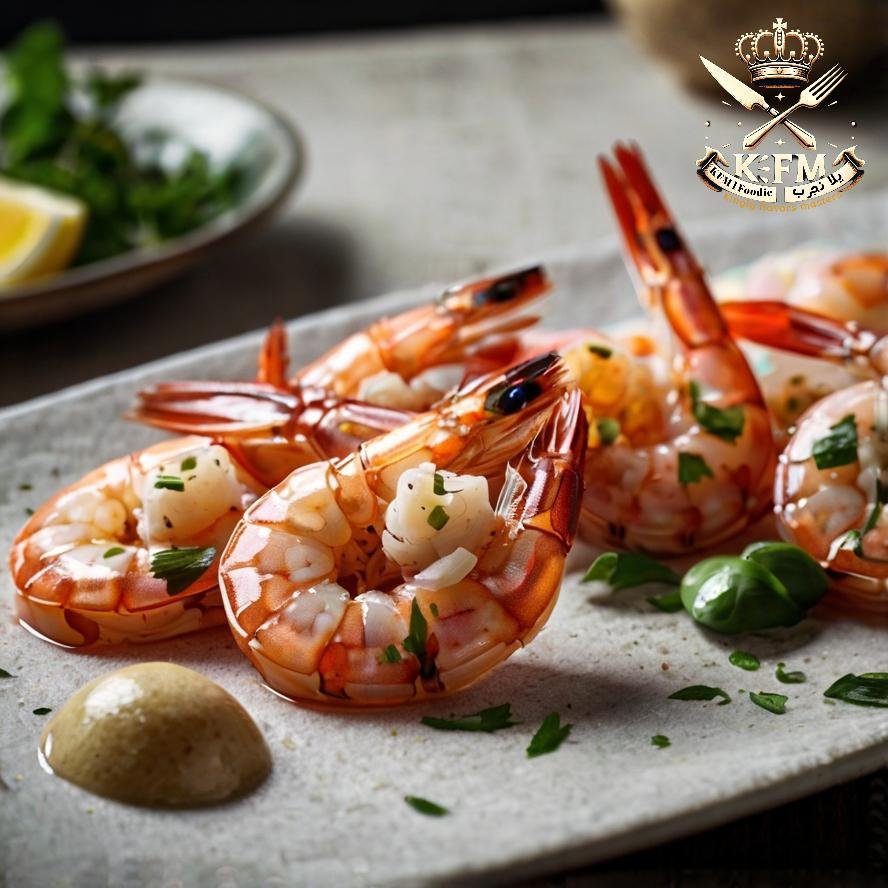
Preparation Method:
- Prepare the Shrimp: Start by cleaning the shrimp thoroughly, making sure to remove the head and shell, but you can keep the tail if you prefer. Then, cut along the back of the shrimp to remove the intestines, and rinse them well with cold water.
- Season the Shrimp: In a large bowl, add 1 tablespoon of minced garlic, 1 tablespoon of dried coriander, 1 tablespoon of salt, and a pinch of black pepper. Also, add 1/4 cup of lemon juice. Mix the ingredients well until fully combined.
- Marinate the Shrimp: Take 1/2 teaspoon of each spice (cumin, coriander, salt, black pepper) and mix them with the shrimp. Let the shrimp marinate for 15 to 30 minutes to absorb the flavors.
- Cook the Shrimp: Heat 1 tablespoon of corn oil in a large skillet over medium heat. Add the minced garlic and sauté until it starts releasing its distinctive aroma. Then, add the shrimp to the skillet and sauté until they begin to turn pink.
- Add the Spices: Once the shrimp turns pink, add the remaining spices (cumin, coriander, salt, black pepper), and also add the mustard and sauce. Stir the ingredients well to blend the flavors.
- Add Water: Pour 1 and 1/2 cups of hot water into the skillet. Let the mixture boil over medium heat until the water level drops slightly, and the sauce thickens.
- Serving: Once the sauce has reduced a bit and the shrimp is fully cooked, turn off the heat. Serve the shrimp hot with white rice or fresh bread.
Additional Tips:
- You can add some vegetables like bell peppers or peas to the shrimp for added nutrition and flavor.
- If you prefer a spicier shrimp dish, you can increase the amount of black pepper or add some chopped chili, hot sauce, curry, or ginger for a unique twist in flavor.
- Be careful not to overcook the shrimp, as it can become tough. Shrimp needs to be cooked quickly to maintain its tenderness and flavor.
- Sauces: Serve the dish with garlic sauce, tahini sauce, or lemon and olive oil sauce for extra flavor.
- Fresh Herbs: Garnish the dish with fresh coriander, parsley, or dill to add a refreshing taste.
- Creative Serving: Serve the shrimp on a wooden skewer, in individual cups with fried rice, or in a tortilla wrap with vegetables.
By following these simple steps, you can prepare a delicious and quick meal that combines strong flavors and tender shrimp, making it an excellent option for a flavorful lunch or dinner. Enjoy your meal and bon appétit!
Note: This recipe is perfect for seafood lovers who enjoy bold flavors and spices. However, it may not be suitable for individuals with shrimp allergies or those who prefer lighter-flavored foods.
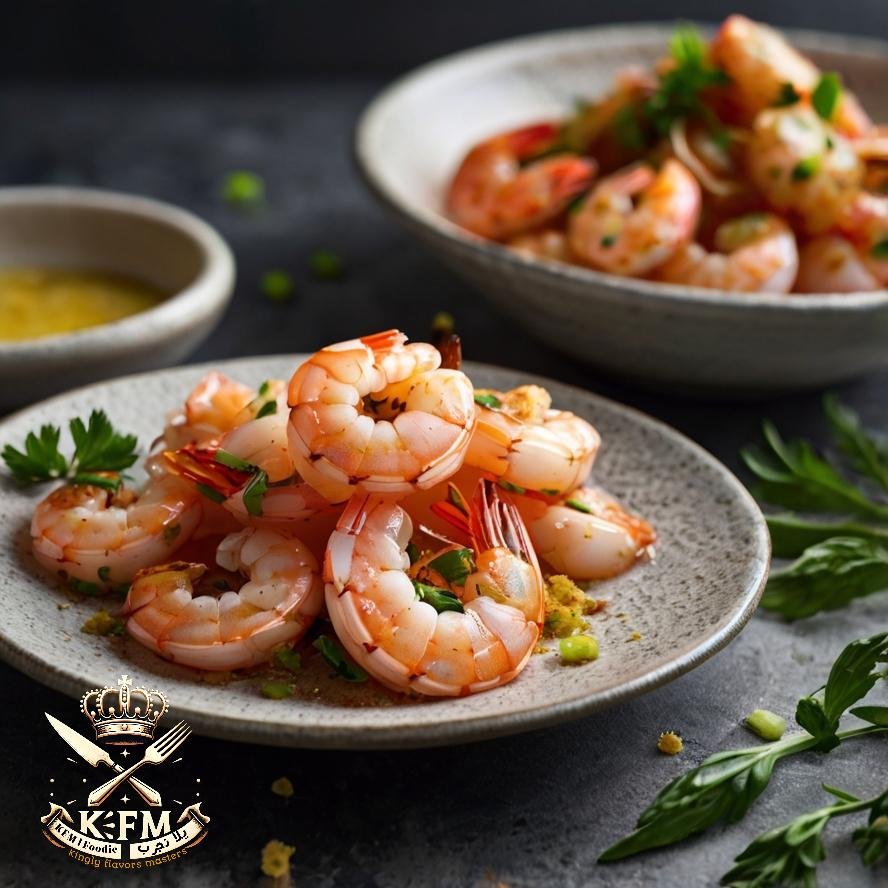
Caloric and Nutritional Values:
Shrimp (1 kg):
- Calories: ~1000 kcal
- Protein: 100 g
- Fat: 2 g
- Carbohydrates: 0 g
Benefits:
- Excellent source of protein: Essential for building and repairing tissues and promotes satiety.
- Rich in iodine: Contributes to proper thyroid function.
- Good source of Vitamin B12: Important for nervous system health and red blood cell formation.
- Contains Omega-3: Helps reduce inflammation and improves heart health.
Garlic (2 tablespoons, ~10 g):
- Calories: ~15 kcal
- Protein: 0.7 g
- Fat: 0.05 g
- Carbohydrates: 3.5 g
Benefits:
- Powerful antioxidant: Protects cells from damage and strengthens the immune system.
- Contains allicin: A sulfur compound that kills bacteria and lowers blood pressure.
- Beneficial for heart health: Helps lower bad cholesterol levels.
Cumin (1 tablespoon, ~6 g):
- Calories: ~25 kcal
- Protein: 1.2 g
- Fat: 1.2 g
- Carbohydrates: 4 g
Benefits:
- Strong antioxidants: Protects the body from chronic diseases.
- Anti-inflammatory: Helps alleviate pain and swelling.
- Beneficial for digestive health: Improves digestion and reduces bloating.
- Enhances the flavor of food and increases its nutritional value.
Dried Coriander (1 tablespoon, ~6 g):
- Calories: ~23 kcal
- Protein: 0.9 g
- Fat: 1.1 g
- Carbohydrates: 3.6 g
Benefits:
- Contains a variety of antioxidants like carotenoids and flavonoids that help protect the body from chronic diseases.
- Salt (1 tablespoon, ~18 g):
- Calories: 0 kcal (Salt has no calories, but should be consumed in moderation)
Black Pepper (Pinch, ~1 g):
- Calories: ~6 kcal
- Protein: 0.2 g
- Fat: 0.1 g
- Carbohydrates: 1.3 g
Benefits:
- Contains piperine, a compound that enhances the absorption of other nutrients in the body.
Sauce (1 tablespoon, ~15 g):
- Calories: ~10 kcal
- Protein: 0.2 g
- Fat: 0.1 g
- Carbohydrates: 2.5 g
Benefits:
- Antioxidants: Protects from harmful free radicals.
- Anti-inflammatory: Helps reduce pain and swelling.
- Good source of vitamins and minerals: Such as Vitamin C and iron.
- Mustard (1 tablespoon, ~15 g):
- Calories: ~10 kcal
- Protein: 0.3 g
- Fat: 0.5 g
- Carbohydrates: 1.5 g
- Hot Water (No Calories)
Lemon Juice (1/4 cup, ~60 ml):
- Calories: ~10 kcal
- Protein: 0.2 g
- Fat: 0.1 g
- Carbohydrates: 2.5 g
Benefits:
- Rich in Vitamin C: Strengthens the immune system and protects the skin from damage.
- Antioxidant: Protects cells from damage.
- Helps with iron absorption from other foods.
General Benefits for Skin and Hair:
- Protects skin from damage: Thanks to antioxidants and Vitamin C.
- Promotes hair growth: Due to protein, vitamins, and minerals.
Estimated Total Nutritional Values for the Entire Dish:
- Calories: ~1089 kcal
- Protein: 103.8 g
- Fat: 5.3 g
- Carbohydrates: 19.4 g
Please note that these values are approximate and depend on the exact quantities and ingredients used. For precise measurements, specialized calorie-counting software or a nutritionist's consultation can be used.














